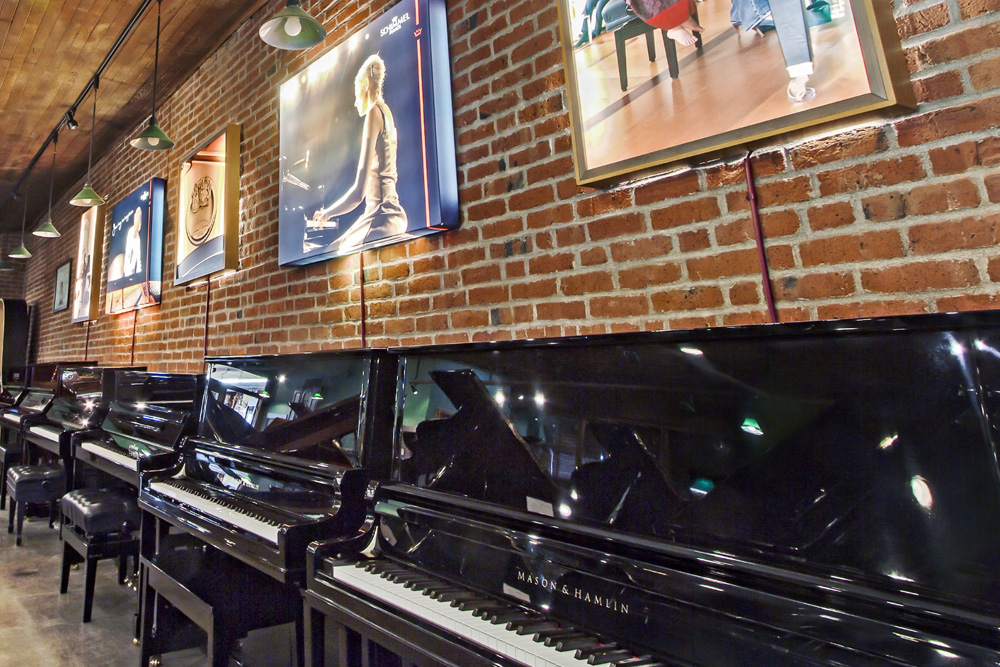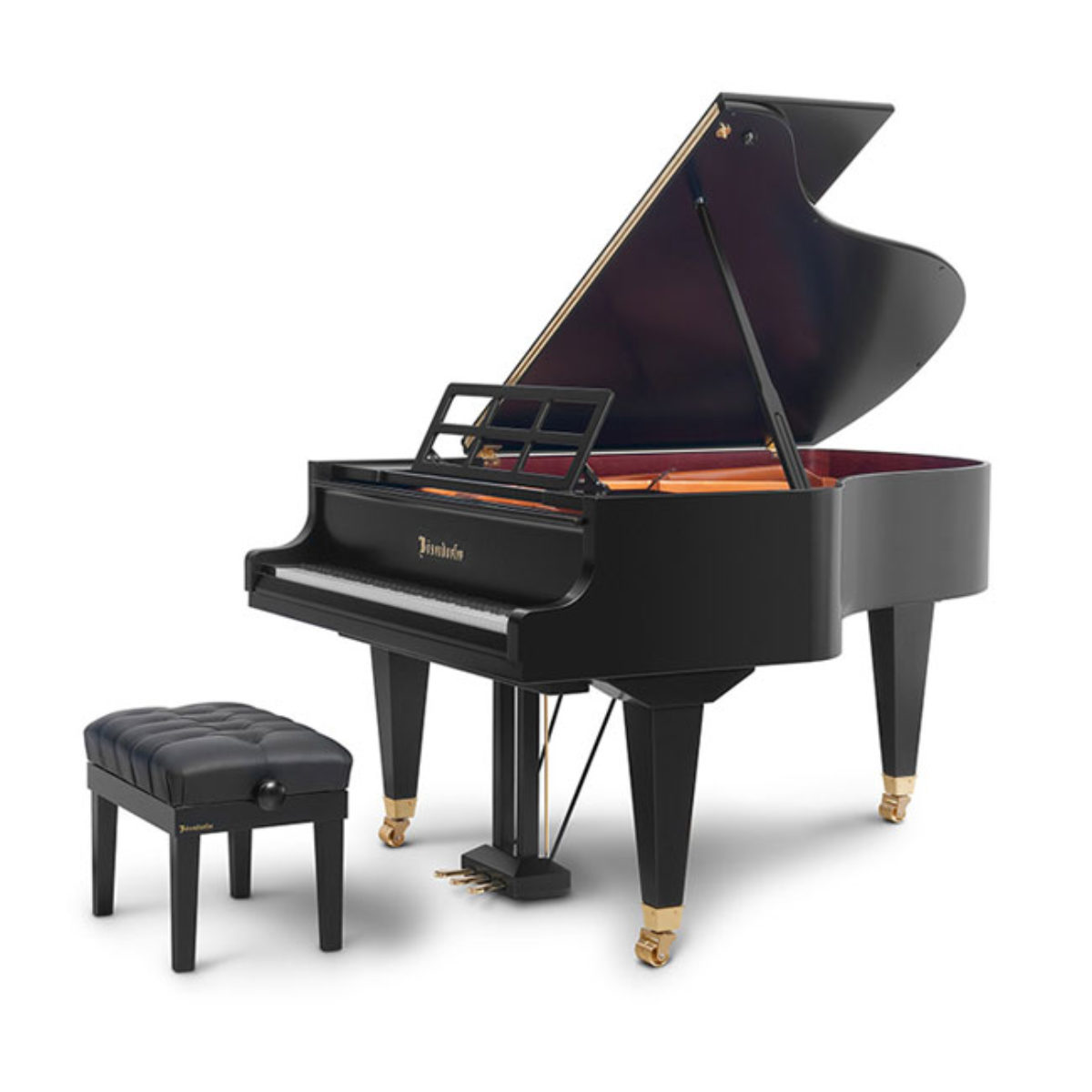

It’s worth like three of my Jettas.”) to Marshall’s home shop to fit new hammers and make adjustments, and will then be reinstalled in the piano for final adjustments, tuning, and “voicing”- changing the way the piano sounds and optimizing the sound for its specific location.Ī hammer boring jig in the drill precisely positions each hammer for hanging. If someone rear-ends me, this is worth way more than my car. The playing action has been removed from the piano and transported (carefully: “It freaks me out to drive with these. When I visit Marshall he’s in the middle of a custom hammer job. Then I went to Fazioli two or three times, and I was like ‘Oh my goodness, I can get better.’ I wouldn’t say I was getting bored, but I saw how I can make it even nicer.” Visits to the Fazioli factory in Italy to observe and train with their factory technicians have raised the standards that Marshall sets for himself: “I thought I was hot because I could do better than the New York Steinway factory.

Or the rebuilding of it which can take a whole year.’” I wanted to be good at everything, and then I just went ‘Do you even like this? What do you like, if you could do any part? And that’s the action work and the hammer work, and it’s making it sound like a beautiful instrument, not all the stringing and machining, all the hard work. “I’m still trying to learn, even though I’m dialing back. And as his skills improved, he’s been able to focus more and more on the specific tasks he enjoys most.

Where many tuners will tune five pianos a day, Marshall spends 3 or 4 hours on a tune, and his work on playing actions can take up to a month. Years of work on high-end pianos gave Marshall an opportunity to go into business for himself, and to do more in-depth work on fewer pianos-mostly Steinways and Faziolis. Hammers removed from a Steinway piano action, along with a new hammer to be shaped and hung. And it was good luck for me because I was working on good pianos, and I was preparing them for sale, so I got to do like 1200 new Steinway preparations out of the crate, over the years.” It wasn’t money at the time, it was about getting experience. I got a job at Steinway, right out of school, for peanuts.

I have a strong feeling that you can try all you want, but if the chances aren’t there, your life path can go totally differently. “The best thing in my career is I was lucky. And it has the elements to be really really good.” Whereas what I’m doing is trying to make it as good as it can possibly be. If you get a piano with all these problems, you kind of put in your time to make it better and then you leave. Because you can get a good piano so much nicer in general, it challenges you to get it nicer. Just to become a good tuner takes hundreds of pianos, and if you want to get good at tuning good pianos, you have to tune good pianos. Then as a few years go by, you realize it’s years to become a good piano technician. “I thought it was something I would just learn and be able to do it and then ride off in the sunset. This niche skillset came slowly over time, through a mix of diligence, hard work and luck, but when Marshall passed the Piano Guild Technician’s test 34 years ago, he expected a simple, straightforward career: Marshall is a technician who works on high-end pianos, and focuses on grand piano playing actions - the system of levers that links the keys to the hammers that strike the strings.


 0 kommentar(er)
0 kommentar(er)
